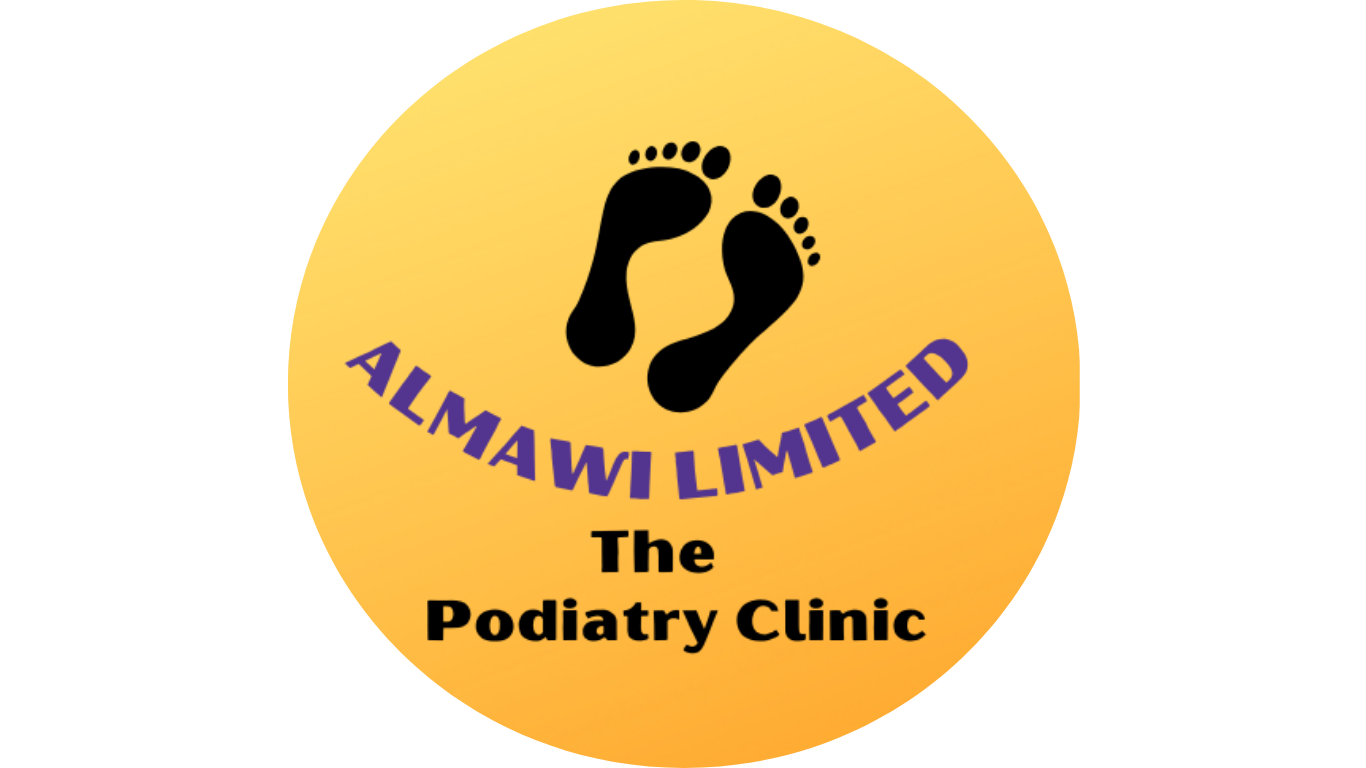
Caring For Your Child’s Feet During Vacation Camps
The July/August holidays are here! The kids are home, and this is a challenging time for parents. You have to source activities for them to do; lessons is a viable option, however, camp is often on the list. I have fond memories of travelling abroad, and going to camp; some people tended to go for 2 weeks. With me, I would be in camp for a month to six weeks, due to my mom’s hectic work schedule.
If you’re a parent, that means you’re probably busy finding activities to help grow your kid’s world; crafting a schedule into a puzzle-like calendar; and getting them geared up for a holiday of new discoveries and adventures.
 You may find it difficult to digest, but there are so many children diagnosed with diseases such as diabetes, high blood pressure, heart disease, and depression. The holiday period is a great time to help children reclaim their health, and build self-efficacy.
You may find it difficult to digest, but there are so many children diagnosed with diseases such as diabetes, high blood pressure, heart disease, and depression. The holiday period is a great time to help children reclaim their health, and build self-efficacy.
Dealing with Diabetes
Diabetes is always on my mind, since a large portion of my patient base is persons with diabetes. Type 1 diabetes – the type that requires taking insulin, poses a different medical challenge. A consideration is children’s ability to manage their diabetes independently. Another concern if you are sending your child to camp, should be that there is someone to assist or ensure your child secures stuff, and takes the right dosage at the required time. Diet, as well, can be problematic when unsupervised; naturally some kids are tempted to consume things they aren’t supposed to. A further reflection, is your kid’s blood sugar stable, or frequently shoots to extremes? For campers with many highs or lows on a regular basis, it is recommended that they go to a camp with persons trained to deal with such medical episodes. Scenarios like these can go very wrong, if not addressed appropriately, and in a timely manner.
A further reflection, is your kid’s blood sugar stable, or frequently shoots to extremes? For campers with many highs or lows on a regular basis, it is recommended that they go to a camp with persons trained to deal with such medical episodes. Scenarios like these can go very wrong, if not addressed appropriately, and in a timely manner.
Medication Issues
If your kids have chronic conditions, requiring regular medication, you need to be alert. The staff should be notified if a change is made in a child’s medication routine. During bad allergy periods, parents of allergy prone kids, might want to talk to their doctors about putting them on medication, before camp begins. If they sometimes require an inhaler, it should discussed with the camp coordinator, and immediate camp staff. Even if your child has not used their inhaler in months or years, consider safety first. It is not just a matter of disclosing their condition(s), it is also key to show coordinators the location of the necessary drugs.
Footwear
To the most important bit for me as a Podiatrist…what’s on your child’s feet plays a big part in making it the “best holiday ever!”
Whether checking a packing list for an overnight or one day camp, here are some tips to make it easier to find shoes that they love, with all the protection, support, and functionality that give you peace of mind, too.
Breezy and Water-Ready
Hot sun weather dictates an open-air design; little feet that are running around all day definitely benefit from a little extra breeziness. Look for shoes with vents, or go the sandal route. Sandals should be water-ready (for the rain), with a quick-drying element, and durable rubber outsole for traction, as kids tackle many activities during camp.
Easy On/ Off
Hook-and-loop closures or velcro, make it super easy for kids to quickly get in and out of their shoes, while also giving them a secure fit. Further, there are no laces to tie or trip on.
No Stubbed Toes
Kids have two speeds: fast and faster! And whether they are out exploring, or in a more enclosed space, keeping their toes covered can help prevent a common holiday boo-boo. You don’t want their feet covered each and every day though.
Comfort Zone
As kids are out there trying new things and stepping out of their comfort zone at camp, it helps if they feel as confident and comfortable as possible doing it. Gear that doesn’t feel good (especially on the feet), is the quickest way to cutting any activity short. So look for cushioning and arch support that will feel comfy all day, every day.
Feet are so important, that it is truly worthwhile looking after them. Ensure they wear good, well-fitting shoes; if they have pain in their feet, ankles or legs, it is a good idea to see your doctor, orthopaedic specialist, or podiatrist. Some kids can have problems with ankles turning in or get painful heels. These conditions can be treated by a podiatrist, who may suggest they get orthotics. These specially made supports fit into your shoes, and help your feet and ankles grow strong and straight.
Your feet mirror your general health . . . cherish them!

 WhatsApp us!
WhatsApp us!